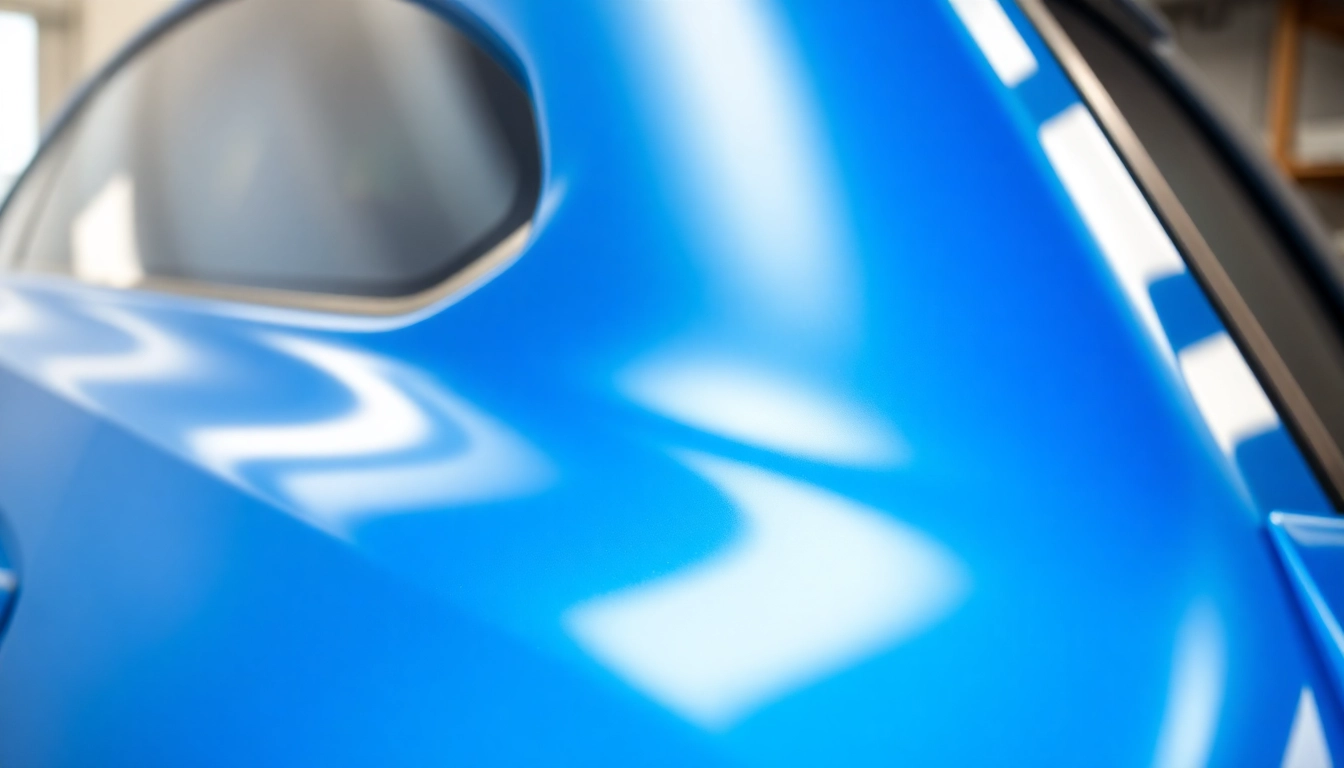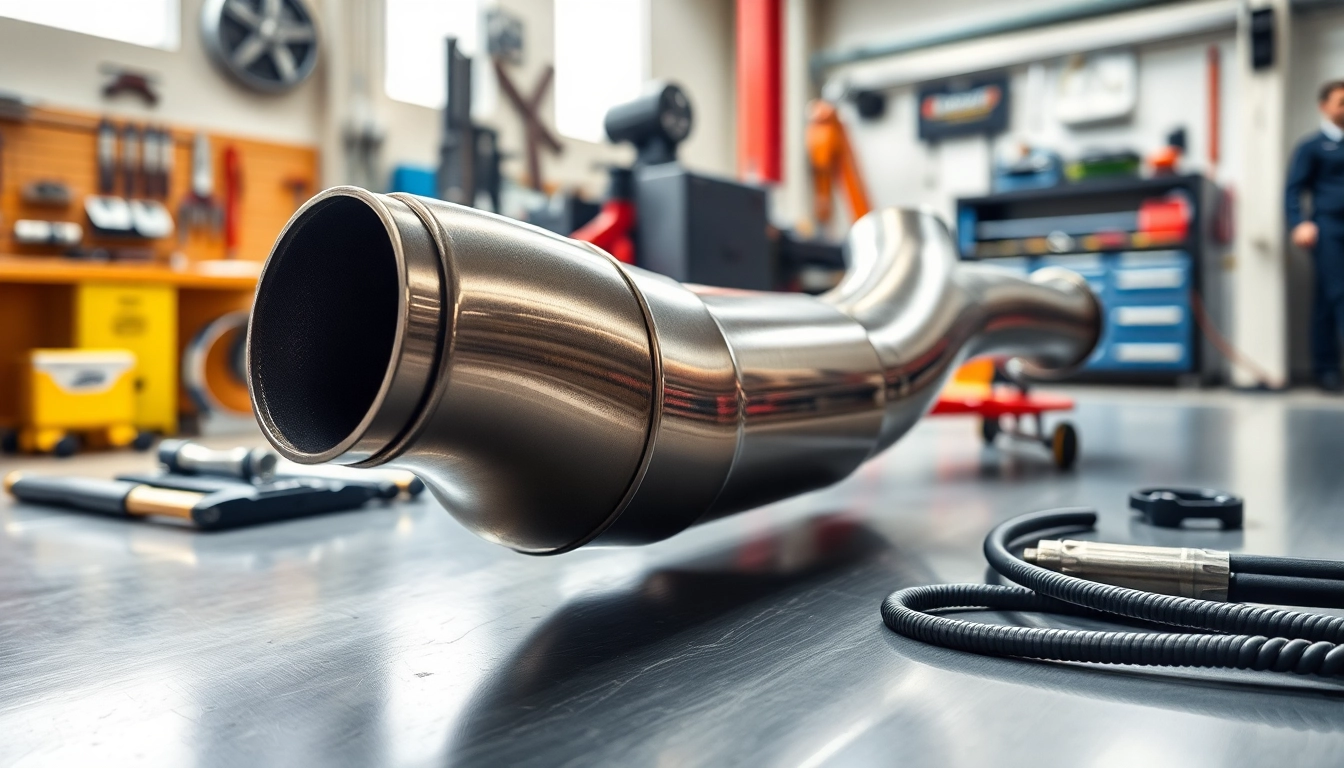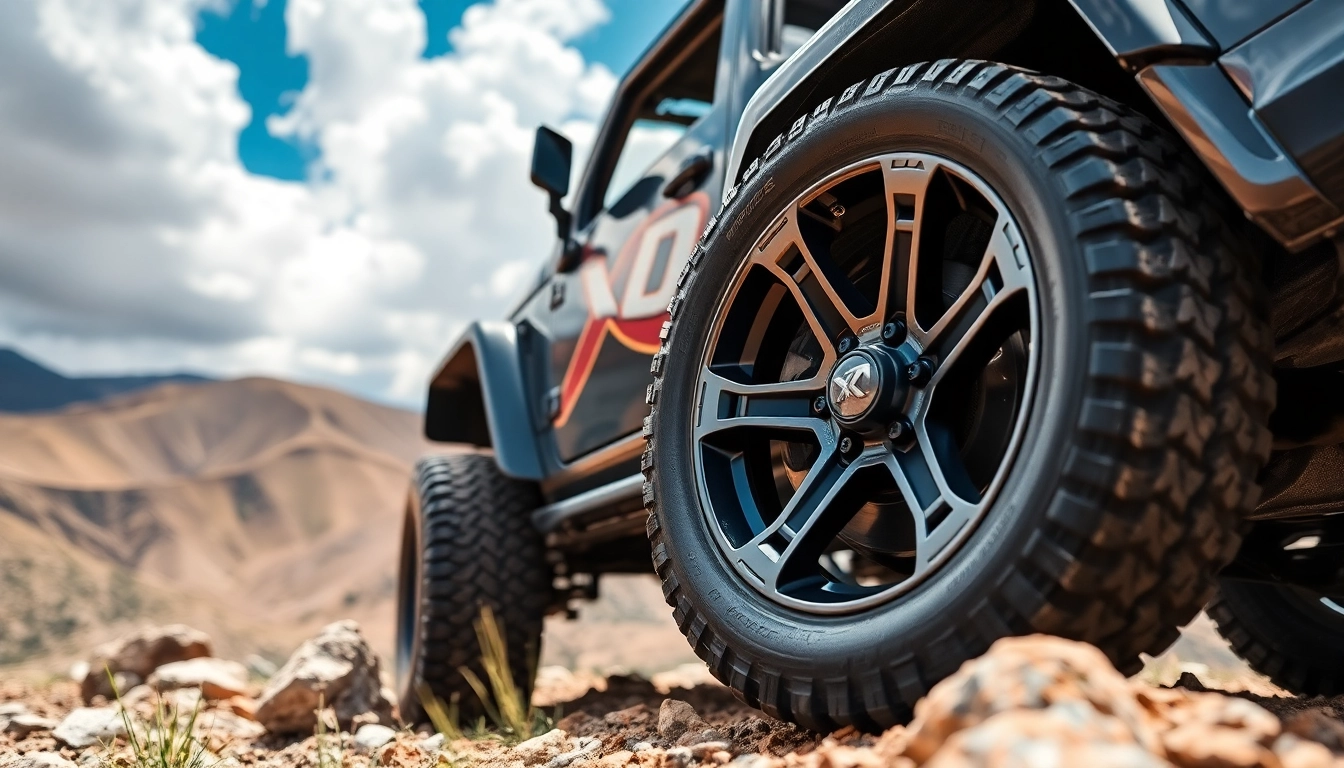Understanding Vinyl Wrap Services
In the world of automotive customization, vinyl wrap services have emerged as a sought-after solution for vehicle owners looking to change their ride’s aesthetics without the permanence of a new paint job. This innovative technique involves applying a vinyl film to a vehicle’s exterior. Whether to protect the original paint, display a unique design, or enhance resale value, vinyl wraps offer versatility and creativity to car enthusiasts and business owners alike. This article will explore the various facets of vinyl wrap services, from understanding what they are to finding the right provider.
What Are Vinyl Wraps?
Vinyl wraps are large sheets of vinyl material designed to cover external surfaces of vehicles. Available in a vast array of colors, finishes (such as matte, gloss, or textured), and designs—including custom graphics—these wraps can fully alter the appearance of a car, truck, or motorcycle. They are commonly used for commercial vehicle branding, personal customization, and even for wrapping trailers and RVs.
Benefits of Choosing Vinyl Wraps
The popularity of vinyl wraps stems from several compelling benefits:
- Cost-Effective: Compared to a full paint job, which can be labor-intensive and expensive, vinyl wraps provide a more affordable way to achieve a new look.
- Protective Layer: Wraps guard the original paint from scratches, UV rays, and environmental hazards, preserving the vehicle’s resale value.
- Temporary Change: Unlike paint, wraps can be removed without damaging the underlying surface, allowing for easy updates or changes to the design.
- Variety and Creativity: The ability to create custom graphics and designs caters to individual tastes and brand requirements.
Types of Vinyl Wrapping Materials
Vinyl wraps come in various types and qualities, impacting their durability and appearance. Key materials include:
- Cast Vinyl: Known for its high durability and flexibility, cast vinyl is ideal for wraps that need to conform to complex surfaces.
- Calendared Vinyl: Typically less expensive, calendared vinyl is suitable for flat surfaces but may not last as long as cast vinyl under harsh conditions.
- Specialty Vinyl: Includes options like chrome finishes, reflective materials, or textured surfaces (like carbon fiber), adding unique visual elements to wraps.
How Vinyl Wrap Services Work
Consultation and Design Process
The initial step in vinyl wrap services is a thorough consultation. This process typically includes:
- Understanding the client’s goals regarding design, color, and application.
- Discussing budget constraints and timeline expectations.
- Reviewing existing vehicle conditions to assess compatibility with a wrap.
After gathering this information, professional designers will create mock-ups for the client to visualize how the wrap will appear on their vehicle. This collaborative approach ensures that the end result aligns with the customer’s vision.
Installation Techniques for Optimal Results
Proper installation is crucial to the durability and appearance of the vinyl wrap. Key techniques include:
- Surface Preparation: This is a critical step involving thorough cleaning and, in some cases, minor paint repairs to ensure the surface is smooth.
- Heat Application: Wrapping experts often use heat guns to make the vinyl pliable, allowing it to stretch over curves and contours without wrinkles.
- Sealing Edges: To prevent peeling, installers apply sealants or edge treatments that secure the wrap to the vehicle effectively.
Post-Installation Care and Maintenance
To maintain the quality of a vinyl wrap, clients should follow some basic care guidelines:
- Avoid automatic car washes that could damage the wrap; hand washing is recommended.
- Regularly inspect for signs of wear and address any issues immediately to extend the life of the wrap.
- Park in shaded areas whenever possible to prevent excessive sun damage.
Choosing the Right Vinyl Wrap Provider
Key Factors to Consider
Finding a reputable vinyl wrap provider is essential for achieving the desired results. Here are factors to consider:
- Experience and Expertise: Look for providers with a proven track record and specialized training in vinyl wrap installation.
- Quality of Materials: Ensure that the company uses high-quality vinyl materials that are durable and reliable.
- Portfolio of Work: Review previous projects to assess their quality and diversity in design options.
Questions to Ask Your Vinyl Wrap Provider
Engaging with potential providers can help gauge their commitment to quality and service. Key questions include:
- What types of warranties do you offer for materials and installation?
- Can you provide references or customer testimonials?
- What is your process for handling any issues that arise post-installation?
Reading Reviews and Testimonials
Reviews can provide invaluable insight into a company’s reputation. Look for testimonials that highlight:
- Customer service experiences.
- The quality of the final installation.
- Follow-up services and support after the wrap is completed.
Cost of Vinyl Wrap Services
Understanding Pricing Structures
The cost of vinyl wrap services can vary significantly based on several factors, including:
- Size of the vehicle: Larger vehicles, like SUVs and trucks, will generally cost more than smaller cars.
- Type of wrap: Specialty wraps or custom designs are usually more expensive than standard color changes.
- Installation complexity: Vehicles with complex curves may demand more labor, affecting the overall price.
Comparing Costs with Other Customization Options
When determining whether to opt for a vinyl wrap versus traditional paint, consider the total costs involved. While the upfront vinyl wrap costs can be lower, think about:
- Longevity and durability: High-quality vinyl can last several years, while paint may require touch-ups.
- Maintenance: Vinyl wraps require different care than paint, often impacting long-term costs.
Getting Value for Your Investment
To maximize your investment in a vinyl wrap, consider:
- Choosing the right design that adds value, particularly for commercial vehicles, which can enhance branding.
- Selecting high-quality materials and providers that offer solid warranties to protect your investment.
- Regular maintenance to prolong the wrap’s lifespan, ensuring it remains visually appealing and functional.
Frequently Asked Questions About Vinyl Wraps
How Long Do Vinyl Wraps Last?
The lifespan of a vinyl wrap typically ranges from three to five years, depending on various factors like climate exposure and maintenance. If the vehicle is regularly parked in shaded areas, the wrap can last even longer, up to seven years in some cases.
Are Vinyl Wraps Removable?
Yes, one of the appealing features of vinyl wraps is their removability. Wraps can be taken off without damaging the underlying paint, provided they are removed by professionals who understand the process.
Can I Wrap a Previously Painted Car?
In most cases, previously painted cars can be wrapped successfully. However, the condition of the paint job is crucial; well-maintained paint without peeling or chipping will yield the best results.



